“Currently the flower export from Kenya is 9% lower compared to last year, as the bad weather is affecting the farmers,” says Edward Muchiri, Exports Manager of Siginon Aviation, a Kenya ground handler based in Jomo Kenyatta International Airport (JKIA) in Nairobi. In addition, there are many other logistical issues getting in the way of smooth flower transportation, such as limited cargo space, government restrictions and even local curfew hours. In this article, Muchiri shares the challenges, as well as his hopeful prospects for the near future. 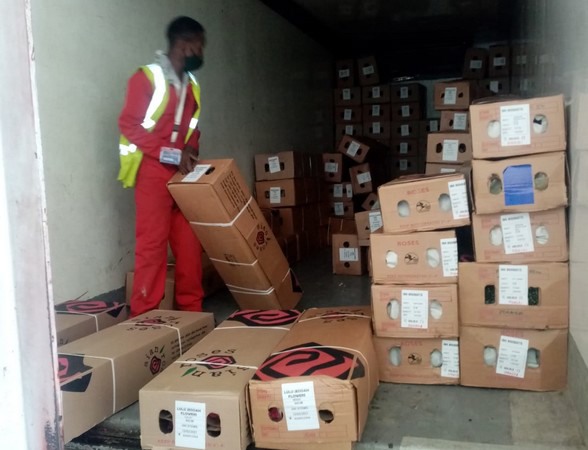
Limited capacity and curfew hours
According to Muchiri, business is going very well despite the recent challenges. “COVID-19 greatly affected business as cargo space was very limited, due to the lack of flights. The pandemic also meant that we had to invest in implementing protocols in order to keep our people safe while handling cargo. In Kenya, we are also still dealing with curfew hours, meaning that there is limited movement allowed between 10PM and 4AM, so flowers from farms need to be handled prior to those times. Thankfully, we are already seeing major improvements concerning cargo space and things are slowly getting back to normal.”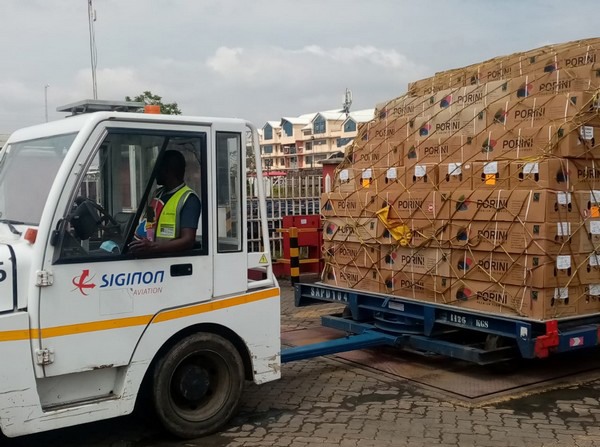
Rainy weather
Muchiri explains that one of their current challenges is the rainy weather in Kenya. “The Kenyan climate this season has not been very favorable for farmers, as they have been greatly affected by the rain. As a result there is a 9% drop in the available flowers that we can export compared to last year. Thankfully, this is not uncommon and we are optimistic that when the high season starts again at the end of September/start of October, things will surely pick up again."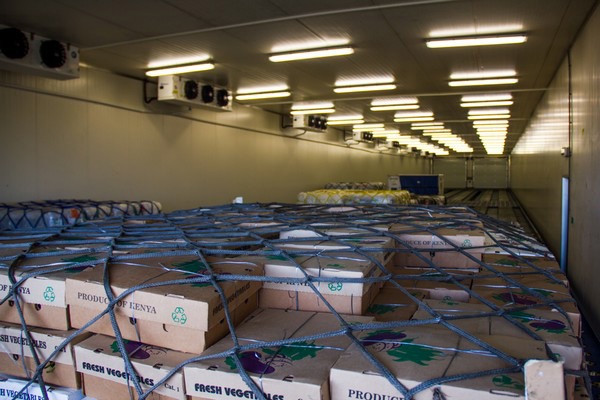
Somalian sanctions
Another recent challenge are the sanctions that the Somalian government has imposed. “This is affecting the exports out of Kenya, as we can’t take certain goods into Somalia, and the flights to Somalia are limited as well. This is something that is currently still developing, however, and we are expecting business to fully return soon,” Muchiri says.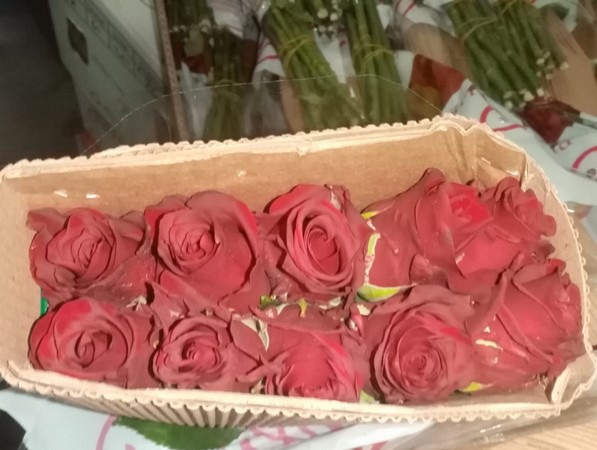
Increased UK demand post-Brexit
According to Muchiri, Siginon is excited to see that some markets are increasing their demands. “The flower demand from Kenya to the UK has increased by 12% in 2021, as the UK wanted to continue building their trade relationship with Kenya post-Brexit. The Kenyan roses in particular have become a more important product in the UK, particularly around Valentine’s Day.”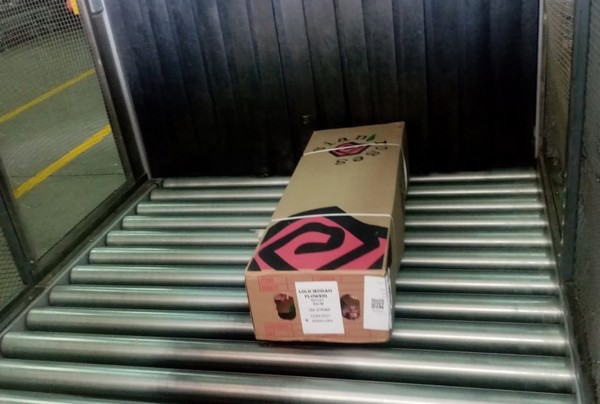
Excited for the future
“Kenya’s horticultural exports are a major contributor to the country’s economy. While the recent COVID-19 situation has slowed us down a bit, things are already improving and we are expecting to get back to normal soon. In the meantime, we are focusing on strategically placing ourselves among the market changes, and giving our customers a good experience with our products.”
For more information:
Siginon Aviation
[email protected]
www.siginon.com
